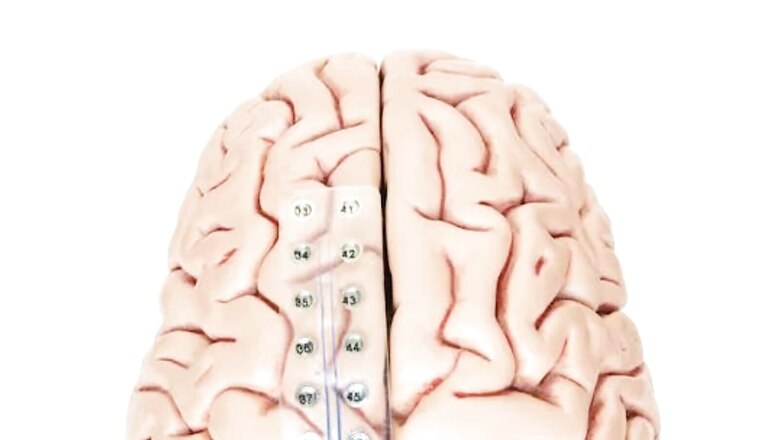
views
A hospital in Southwest England is currently conducting trials and using deep brain stimulation (DBS) to reverse the symptoms of Parkinson’s disease, for which, there is no cure as of now. Located in Bristol, Southmead Hospital is conducting trials and inserting a device in the skull of people suffering from Parkinson’s disease.
The device, based on the DBS system, is tiny and has a battery system. The device, implanted in the skull, sends an electric impulse to the targeted areas of the brain. A total of twenty-five people were chosen for the trials. Among those was Tony Howells who was the first person to get the chip implanted on the skull.
In an interview with BBC, He told how “amazing” the impact of the treatment was. As Tony claims, he, before the treatment, could not walk even for a few hundred metres when he went on Boxing Day with his wife. “I had to turn around and go back because I just could not walk. Then after the operation, which was 12 months later I went on Boxing Day again and we went for 2.4 miles (roughly 4 kilometres) and we could have gone further,” he said.
Dr Alan Whone, a neurologist at the hospital, is hopeful that the device, the smallest ever created as per reports, can benefit more than 14,000 people in the United Kingdom, living with Parkinson’s disease, if the trial continues to be successful. And once the treatment is approved by the medical regulator, then the number of beneficiaries could increase two-fold.
Parkinson’s disease is a neurological ailment that affects the person when they get older, generally in their 50s. The ailment results in the brain getting progressively damaged over the years. Symptoms of the disease include involuntary shaking, stiffness and inflexibility of muscles, and slow movement.
Read all the Latest Lifestyle News here













Comments
0 comment